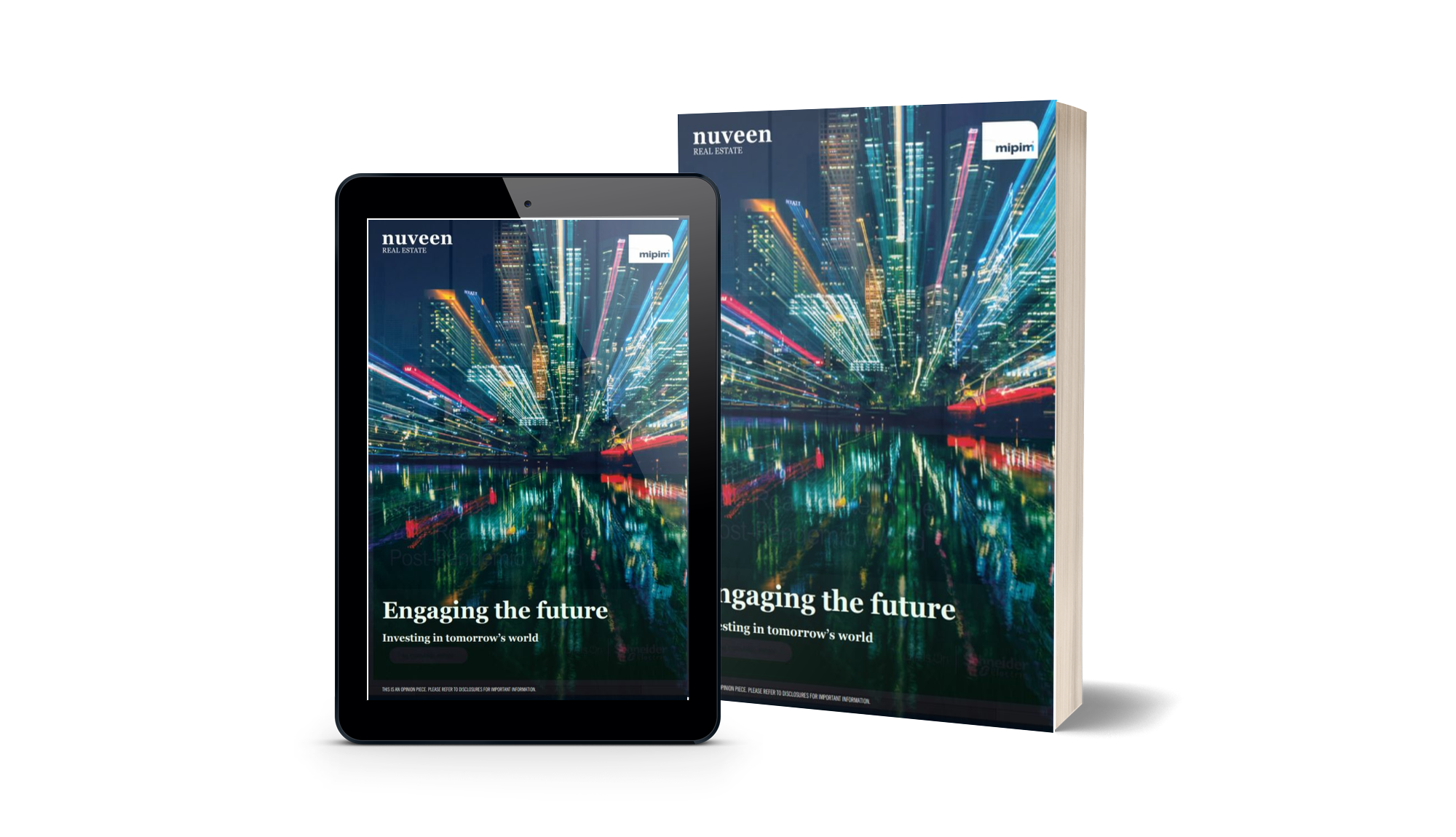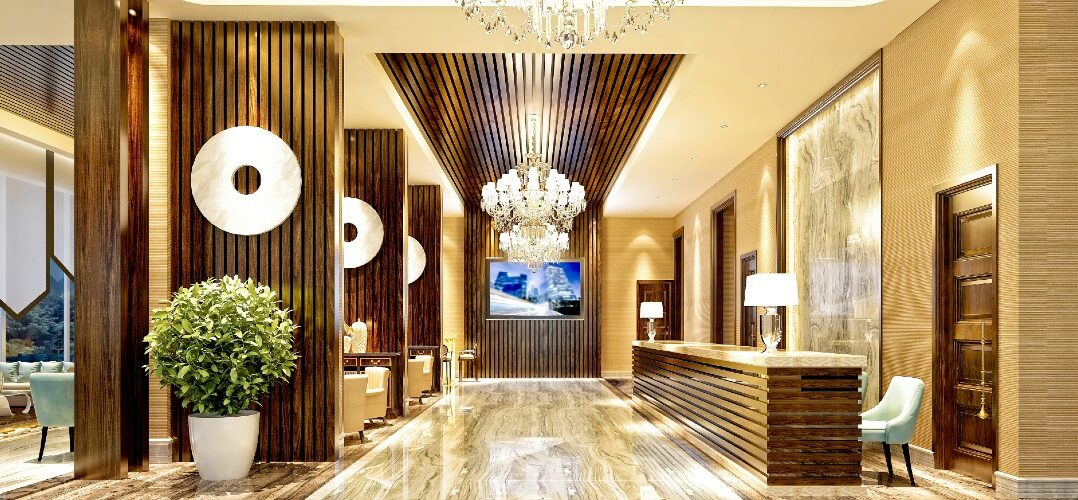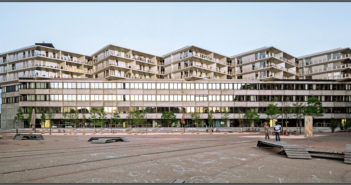COVID-19 has caused major disruption to all sectors of commercial real estate, and the hospitality industry has felt an especially harsh impact from the pandemic. In this MIPIM Connect session (below), Gabriel Matar, CEO of Sentinel Hospitality, moderated a panel discussion regarding the effects that COVID-19 has had on development strategies and operations at luxury and ultraluxury hotels. Joining the discussion were Willemijn Geels, Vice President Development, Europe, of Intercontinental Hotels Group, and Tommy Lai, CEO of General Hotel Management, Ltd. Geels heads up IHG’s development in Europe, and Lai is responsible for the global marketing and growth of GHM’s exclusive brand of hotels and resorts in Asia, Europe and the Middle East.
We learned in the session that some types of hotels have been much more resilient than others during this pandemic. Many luxury hotels that were forced to close and are only now beginning to reopen. Others have simply remained closed and have not yet announced a reopening date. “They are waiting to see how international travel will pick up again because they are depending on [it],” said Mr. Matar. At the same time, there have been ultraluxury resorts in France and elsewhere that have been extremely active. According to Mr. Matar, this is because “people decided not to travel abroad and looked for resort areas within Europe,” and as a result, those near home destinations are having an extremely good season.
Obviously the rules of the game have completely changed in the last six months, but we still see a strong appetite for luxury brands and luxury hotels – Geels

Engaging the futur
Investing in tomorrow’s world
“Obviously the rules of the game have completely changed in the last six months, but we still see a strong appetite for luxury brands and luxury hotels,” said Geels. She noted that “very few of the projects we were working on were actually canceled.” Ms. Geels confirmed that she does see room for continued development and growth in their brands because she believes people will definitely want to travel again, both for leisure and also to meet with each other face-to-face once again for business. One pivot IHG is making is to diversify its brands of primarily urban properties by expanding into resort hotels. A big driver of this is the increased desire for additional space. GHM operates primarily in more open-spaced ultraluxury resorts, so the push for social distancing has actually aligned well with their properties. For smaller and more dense urban hotels, however, adapting to the new paradigm has been comparatively difficult.
The need for space has also created some changes to the financial models used to evaluate a property’s investment performance. With retail and food and beverage areas pared back to make more room for open space and social distancing, hotel investors may not be able to simply look at the ROI per square foot (meter) as they did previously. Nonetheless, Mr. Lai said he doesn’t think there will be a big long-term change to the overall investment value of his properties. However, financing projects “may become a bit more challenging [for certain owners]over the coming months,” said Ms. Geels. Banks likely will be more cautious in lending, and even though long-term fundamentals may be good, the same financial models and projections can’t be used in the short term. This has and will result in more conservative loan to value ratio lending.
Lai said that while his company has definitely faced some temporary closures due to COVID-19, a few of their resort properties have actually had incredible occupancy during this time. Mr. Lai attributed this to pent-up demand for travel. He also pointed out that one of the key issues for hotels right now is refocusing their efforts on attracting domestic, rather than international, travelers. Mr. Lai said he believes that hotels are clearly reliant on their local markets and it will definitely take time for airlines to reinvigorate and for international travel to pick up.
According to Geels, “the whole way of how you market your property has completely changed.” She said that IHG has had to rethink the way they sell, and that they now start by targeting local and regional travelers, mostly leisure. Once things have normalized, however, international travel may again become a focus. The company is doing more to identify travel trends and has implemented much more localized promotions as well changes to its loyalty program in order to specifically target local clients.
We need to build trust, and how to have that trust is when the clients know we can manage the procedures and they see we are doing it in the proper way – Lai
As for hotel operations, new protocols have had to be implemented by hotels due to local regulations for reopening. Mr. Lai said that the big issue with attracting and keeping clients at its resorts is instilling confidence in its guests that they are safe. “We need to build trust, and how to have that trust is when the clients know we can manage the procedures and they see we are doing it in the proper way.” Increased requirements for housekeeping and for monitoring guests have created additional operational expense, so these expenses must be managed and offset, where possible, by identifying and reducing other non-critical costs.
Technology, which was already developing, is going to be even more important – Geels
Another big change is the acceleration of technology in the hotel experience. “Technology, which was already developing, is going to be even more important,” said Ms. Geels. This includes things like mobile check-in, and checkout, using your phone as a room key and looking at menus on your phone. Mr. Lai noted that “this epidemic actually allows a lot of people to accept technology quite readily.” Technology in a hotel building’s systems may experience big changes as well, in particular new projects may come with better HVAC systems, and existing buildings may get tweaks and updates to their systems so they can more effectively filter air particles.
This epidemic actually allows a lot of people to accept technology quite readily – Geels

Engaging the futur
Investing in tomorrow’s world
The panelists agreed that this has been a period of much trial and error, figuring out what the best practices are and what things will become permanent changes to hotel operations and the development model. The pandemic has clearly forced luxury and ultraluxury hotels to rethink strategies and to find ways to innovate. It remains to be seen how the industry will fare in the long term, but all the panelists were optimistic and hopeful that travel will return and that the hospitality industry, the industry of “welcoming others,” will be able to successfully adapt to the new normal.



